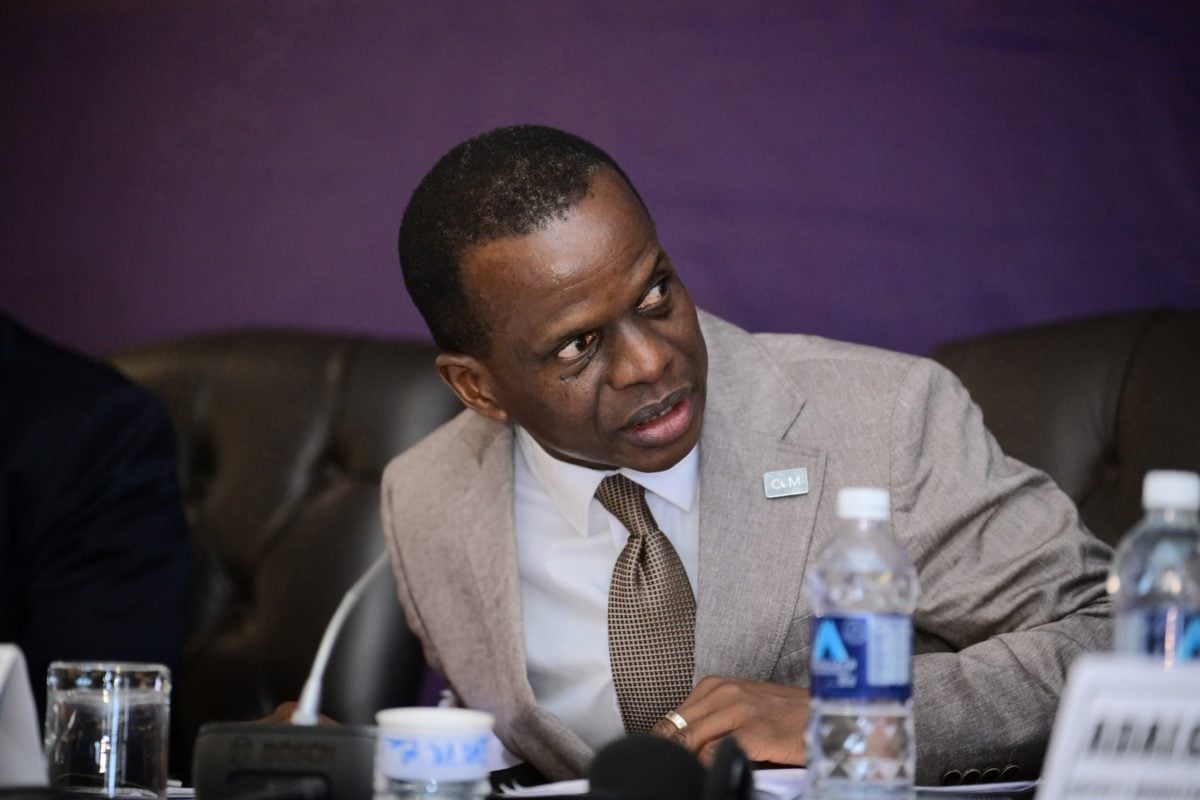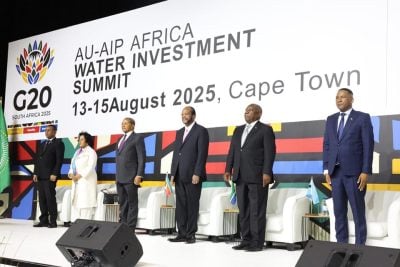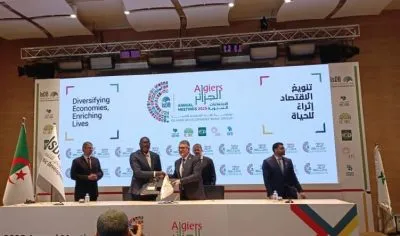This article was produced with the support of United Nations Economic Commission for Africa (ECA)
The panel, moderated by ECA Deputy Executive Secretary Antonio Pedro, convened experts from the public and private sectors to explore learnings, challenges and opportunities related to green investments on the continent.
Adalgisa Barbosa Vaz, Cape Verde’s Deputy Minister for Business Development, shared relevant insights from her country’s experience in negotiating a $150m debt-for-nature swap with Portugal.
The agreement will see Portugal exchange the debt it is owed by Cape Verde for investment into the archipelago’s environmental and climate fund.
Vaz noted that the process relied on strong collaboration between the two governments, enabling them to structure the agreement in three years. She also credited the private sector and NGOs for enabling the deal.
But does Cape Verde’s example have applicability in other parts of the continent? And what lessons can other African countries learn from this?
The panel chair turned to representatives from the government of Zimbabwe, which, in March, announced an agreement with independent power producers (IPPs) for the provision of renewable energy.
The agreement builds on a project announced December 2022 between Zimbabwe and Skypower for a 500MW power generation plant.
However, it also follows challenges with the previous agreement with IPPs, which had led to a $22m damages claim against the Zimbabwe Power Company.
Pedro asked what was different this time around. Zimbabwe Finance and Investment Promotion Permanent Secretary Andrew Bvumbe noted that the state had developed a template to address issues arising from public-private partnerships.
This included identifying proof of land ownership and reviewing term sheets for debt-funded projects. They had also engaged the Africa Legal Support Facility (ALSF) in the process of understanding the project bankability.
ALSF CEO Oliver Pognon underscored the need for robust legal agreements to offset the change and instability that leads to poor risk assessments. “A sustainable, equitable and transparent agreement shields both parties.”

 Sign in with Google
Sign in with Google 



